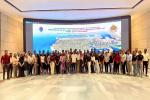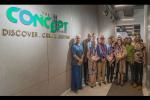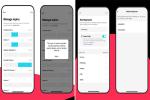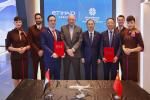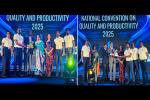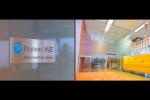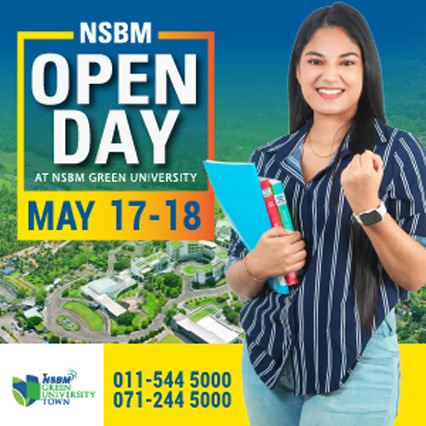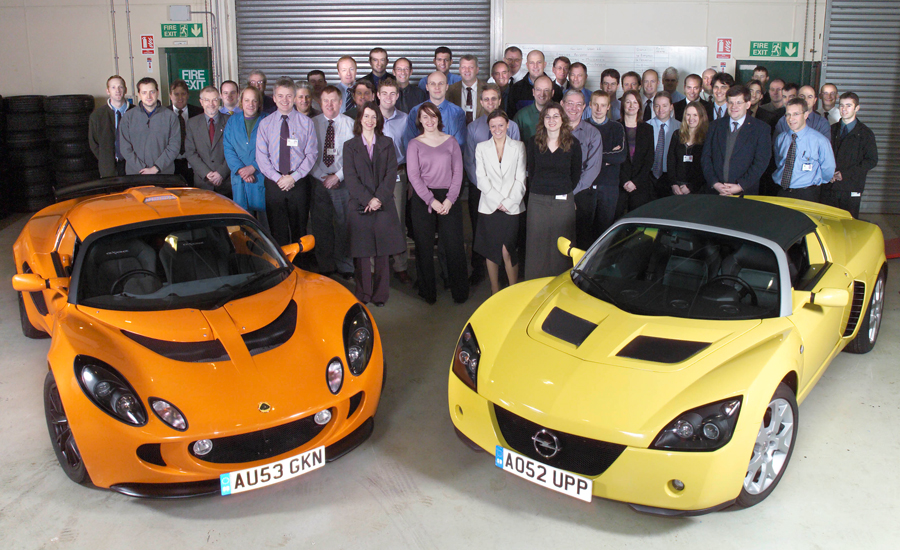With regular updates over the coming months, the team will explain its portfolio of capabilities and its key priorities as the automotive world moves to an all-electric future.
It will also share how yesterday’s successes – some you might not be aware of – are inspiring the projects of today and tomorrow.
Lotus Engineering provides comprehensive consultancy services to many of the world's OEMs and Tier 1 suppliers.
It is internationally recognised for its long-standing contribution to ground-breaking engineering and innovative vehicle development.
The three core pillars of its expertise and its commercial offering are Platforms, Control Systems and Technical Services, which includes intelligent design, product concept development, attribute development, advanced engineering and even whole-vehicle manufacturing.
The Platforms pillar is very simple to explain; it’s the commercialisation of Lotus’ vehicle architectures, so other businesses can develop their own cars through an accelerated timescale and with reduced investment.
Lotus has four unique vehicle platforms, three of which are fully electric, plus the chassis on which the petrol-powered Emira is built.
In addition, what Lotus Engineering calls ‘legacy architectures’ – on which the Elise, Exige and Evora were built until last year – are also available.
Platforms is an area where Lotus Engineering has significant and high-profile experience, for example, the Opel Speedster / Vauxhall VX220 launched by General Motors’ European divisions in 2000.
Working side by side with the client, Lotus Engineering commercialised the platform of the acclaimed Elise to create a two-seater sports car designed to source a new type of customer for the twin brands.
While the styling was done by Opel and GM engines were used, the project centre and manufacturing were at the Lotus HQ in Hethel, Norfolk, In total, more than 7,000 Opel Speedster / Vauxhall VX220 sports cars were manufactured, in the same production facility as the Lotus Elise and Exige.
Mark Stringer, Commercial Director, Lotus Engineering, commented:
“We had our pioneering extruded and bonded aluminium small-vehicle platform which, with its great flexibility, efficiency and versatility, could be successfully re-engineered to form the basis of another car, in this case the Opel Speedster.
The result was a unique and award winning sports car for GM which carried the Opel and Vauxhall DNA and which was manufactured efficiently and to globally recognised quality standards.
It’s an excellent illustration of how our clients can benefit from the all the work Lotus has already carried out, reducing costs and time-to-market.”
Although platform-sharing is a common practice within global OEMs with multiple brands, Lotus Engineering provides solutions to third parties with both low and higher volume requirements.
An added benefit is access to Lotus’ full suite of product development services, including manufacturing.
Mark added: “Today, one of our key selling points with clients is that Lotus has transitioned quickly to electrification in its own range of vehicles, from the Eletre SUV to the Evija hypercar and the Type 135, our future EV sports car.
It means we can make those segments accessible to clients who are looking to ramp-up to electrification quickly with reduced investment, while also supporting with our technical services.”
The three fully electric architectures available means Lotus Engineering can support development of vehicles across a range of segments.
There is also technical flexibility in the architectures themselves, and how they, and the integrated components, can be adapted to suit clients’ needs.
“Our commitment to lightweighting provides a great basis for adaptation, and there are high levels of flexibility in each platform so we can work with the client to develop unique attributes to embody its own DNA,” explained Mark.
“Like everything Lotus Engineering offers, manufacturing is also scalable because our all-new production facilities have been created with additional capacity to enable third party work.”




